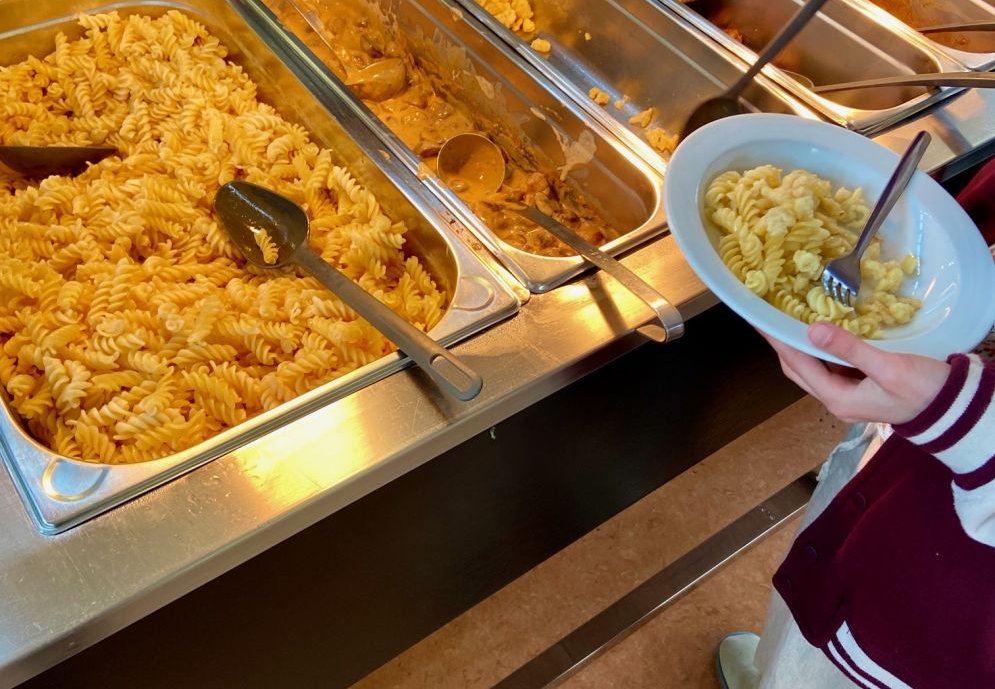

Stop waste! Food is precious.
Project summary
A food waste quiz and worksheet activity.
Learning outcome
The students...
- develop an awareness of food waste
- have a greater appreciation for food
- know which foods are particularly affected and why food is thrown away
- know the consequences of food waste and its impact on world hunger
- can name ways in which consumers can contribute to improving the situation
Time required
1-2 teaching units - 45-90 min
Tools or equipment
- Posters
- Pen to fill in the quiz
Activity description
1st teaching unit
Complete the following quiz individually. Discuss the results with the class.
Homework:
In the past, less food was thrown away. Our grandparents knew methods of recycling it or saving it from spoiling. Find out from relatives and friends how they did this or do some research on the Internet. Prepare to explain the method to your classmates.
2nd teaching unit
Read the opinions of the three experts in the Worksheet below. Collect the reasons and problems of food waste on the board. Complete the lists with your knowledge from the last lesson.
Conclusion
Discuss how previous generations avoided food waste. Collect 10 practical tips for everyday life on a poster that will enable you to do something about food waste yourself.
Tips how to implement the topic to school curriculum
Expansion options:
Create flyers or brochures in which you name and explain your 10 tips to minimise food waste. Distribute these in the school.
Source: per capita foodwaste in the European union
These resources were created based on the original by Deutsche Welthungerhilfe e.V.
